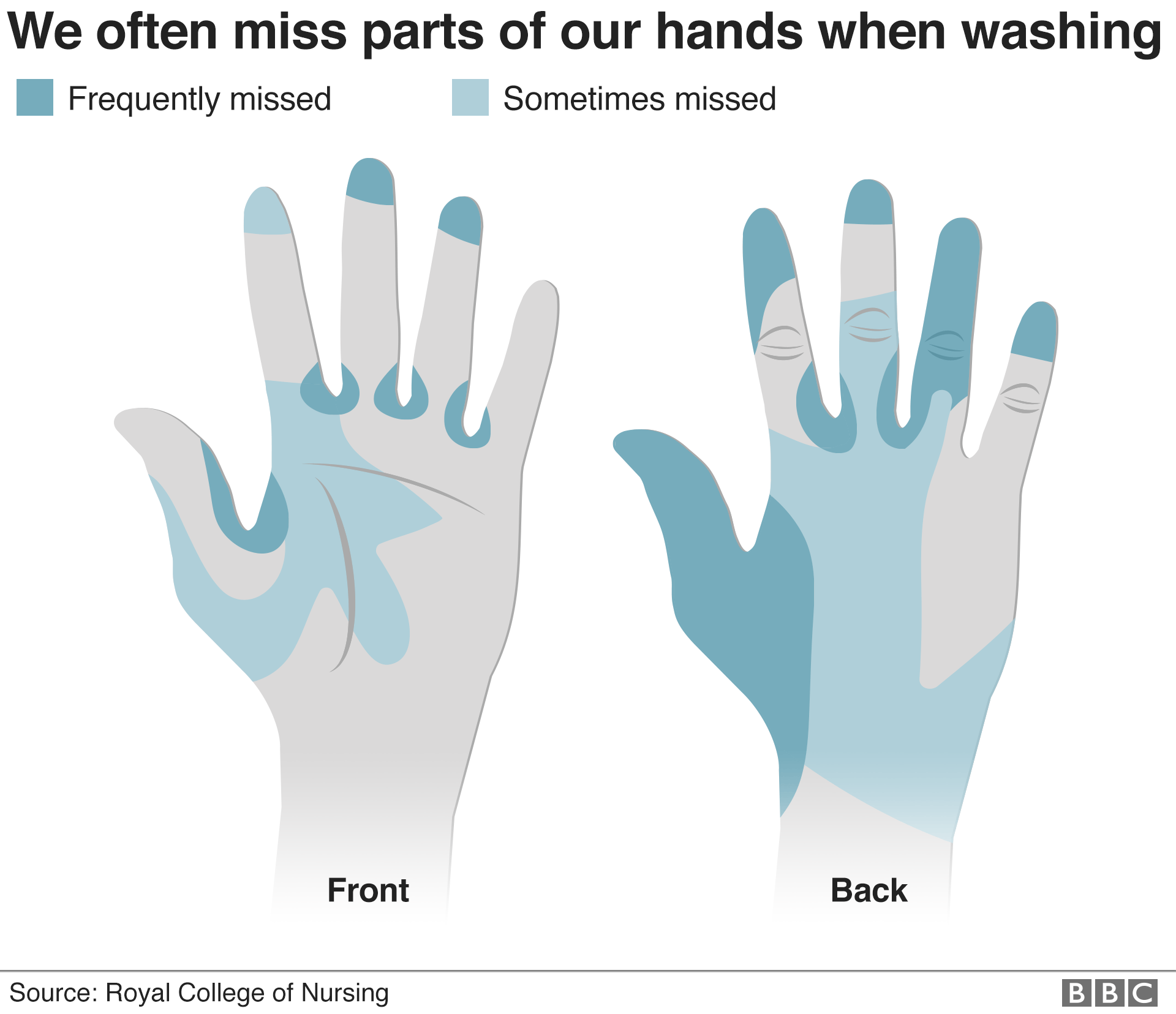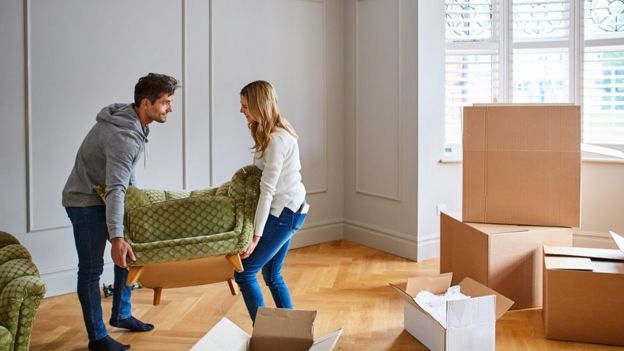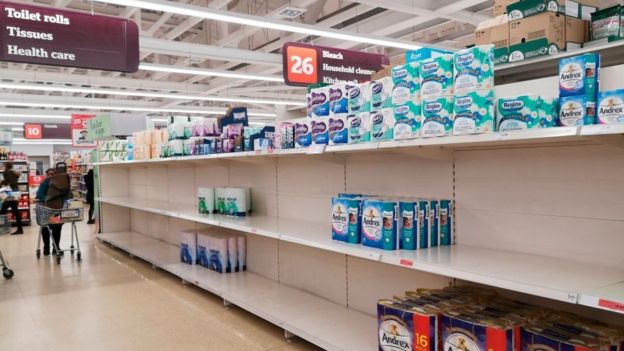The UK government is now focusing on delaying the spread of coronavirus. But what might an outbreak mean for you, your job and your finances?
Here are the answers to a selection of readers’ questions. (Let us know your coronavirus questions by using the form at the bottom of this article).
I run a small business. At what point should I tell people to work from home? - Kieren Johnstone, Horsham
It’s really all about following government advice at this stage.
Many firms are already trialling home-working for office-based staff before any potential quarantine. This lets them test home working in a controlled way, before having to do it for real.
As a small business, you’ll also need to think about your the way you are supplied, travel and your cashflow.
Also, check your insurance. Does the small print include business interruption cover? If so, does your policy have an extension for “notifiable diseases”? Also, check if coronavirus is covered.
I’m self-employed. Can I claim benefits if I can’t work due to the virus? - Mark Gribby, Nottingham
Self-employed people who have symptoms or have been told to self-isolate may apply for two benefits, Universal Credit or Employment and Support Allowance.
But charities are worried that there is still a five-week delay before Universal Credit is paid.
People claiming Universal Credit can be paid early to help them until they receive their first payment. However, this will be taken off future benefit payments.
Unfortunately, those who are self-employed cannot get Statutory Sick Pay because that is paid by an employer.
Can we answer your question on the coronavirus?

Here’s what others have been askingWhat are the symptoms?Are people infectious before they show symptoms?What is the risk to children?
Will lenders be allowing people with mortgages to delay payments during the outbreak? - Clare Waters
Some banks, including NatWest and TSB, are offering customers affected by coronavirus the ability to delay their mortgage payments.
This will be decided on a case-by-case basis, a bit like the process of helping customers in financial difficulty.
Payments will be delayed for two or three months. So, it is important to bear in mind that any interest and capital repayments which are missed, will be added to the mortgage balance.
Most probably, any future monthly mortgage bills will be slightly higher.
What will landlords do if coronavirus means people can’t pay their rent? - The Urban Troopers via Twitter
At the moment, landlords are not being forced to allow tenants to delay paying their rent.
But they are being encouraged to be sympathetic if tenants have to self-isolate, or are laid off work and take a hit to their income.
The Residential Landlords Association says its members should discuss the problem with tenants, be flexible and arrange for money they owe to be repaid when things return to normal.
Most affected tenants, it says, will be in genuine hardship and suffering stress.

What if you’re not on a salary and can’t work from home if your workplace closes? - Joseph, Glasgow
If you are employed, your employer has an obligation to pay your Statutory Sick Pay for up to 28 weeks.
Normally, you would be eligible after four days of being ill. However, the government has responded to the spread of coronavirus by saying that companies will temporarily pay Statutory Sick Pay from the first day off.
In the case of small employers, the government will fund sick pay for the first 14 days,
Eligible employees are entitled to £94.25 a week.

- EASY STEPS: What should I do?
- A SIMPLE GUIDE: What are the symptoms?
- CONTAINMENT: What it means to self-isolate
- HEALTH MYTHS: The fake advice you should ignore
- VIDEO: The 20-second hand wash

I am buying a house. What if one party self-isolates after exchanging contracts? - Linda Lawford, Totton
When you exchange contracts for a property, you have made a contract. You would be liable to lose your deposit if you fail to complete the sale and, possibly, face a claim for damages.
In exceptional circumstances, the buyer and seller can agree to delay in completing the sale.
However, self-isolating would not necessarily mean you could not complete. This final step could be done over the phone or online.

At what point will the government advise people not to travel in confined spaces? - Lou Doret, Exeter
When its health experts advise it to do so. However, this might never happen.
For now, transport bosses in the UK say they’re reviewing cleaning procedures. Transport for London says it’s using a more powerful disinfectant.
Meanwhile, it’s been announced that a London Underground train driver has tested positive for coronavirus.
Passenger numbers on trains have fallen as more people work at home.
Will panic buying continue to affect supermarkets? - Thomas, Porthmadog
The issue has been getting stock onto shelves quick enough to fill the gaps as shoppers strip them bare of certain products.
There has been a specific problem with hand sanitisers, where demand has outstripped supply.
But overall, the key message is that we’re not going to run out of food. Shoppers should buy what they need.
If things take a serious turn for the worse, all our supermarkets have plans in place to keep us fed. The big challenge will be doing this with potentially far fewer workers.

If schools are closed will there be financial help available for parents? - Richard, Eastleigh
Employers have to give you time off to deal with a domestic emergency, but they don’t have to pay you.
The time you take has to be a reasonable amount. You can apply for some unpaid leave as well.
And the government has relaxed the rules for applying for benefits if you have coronavirus.
BBC







